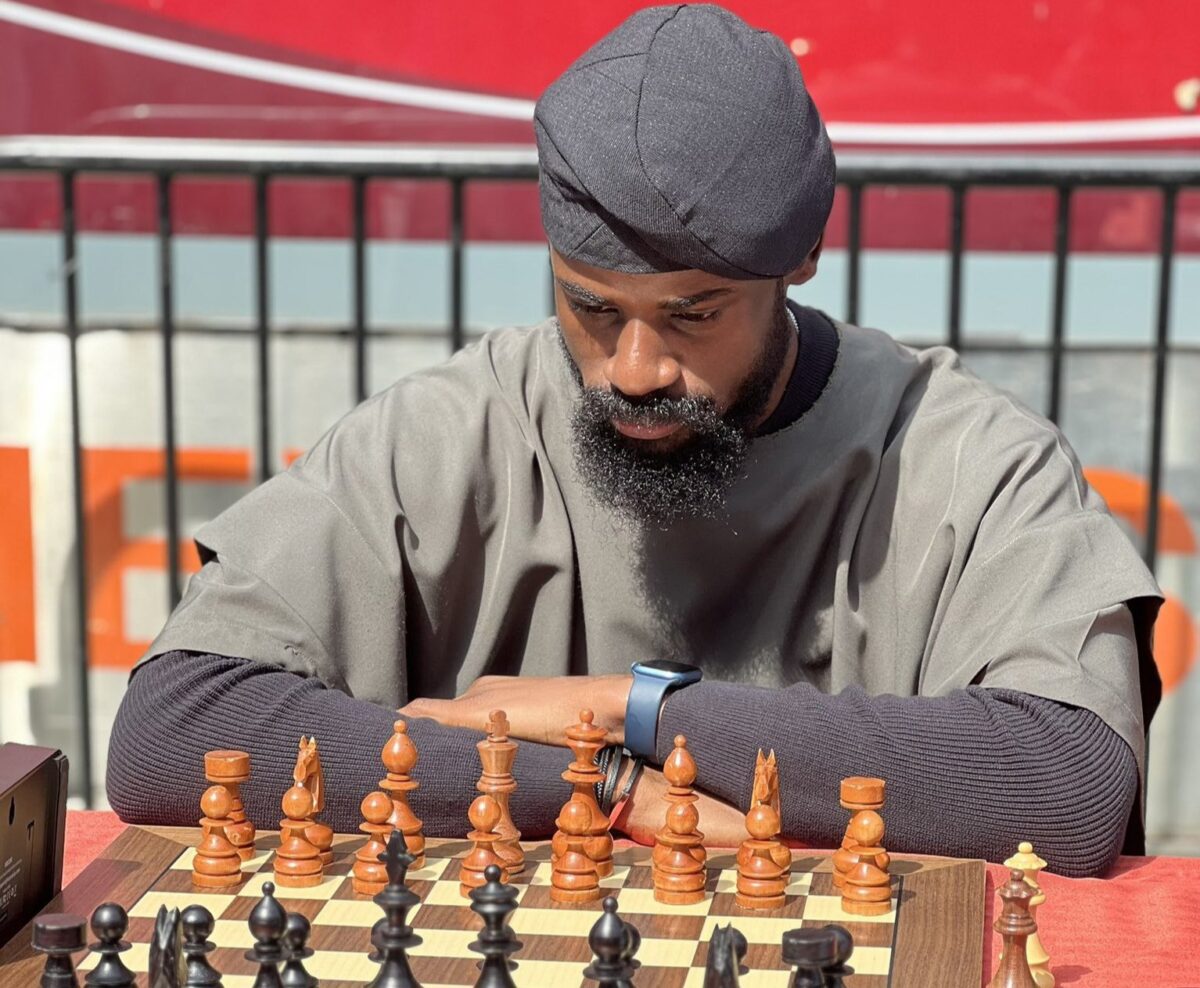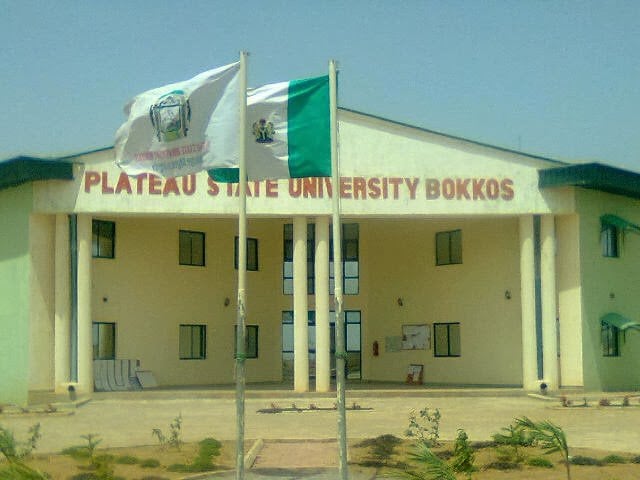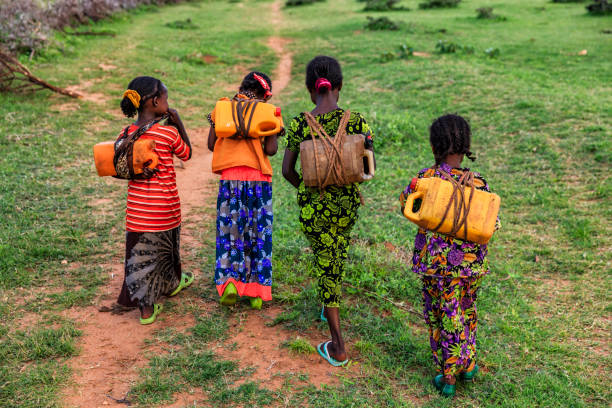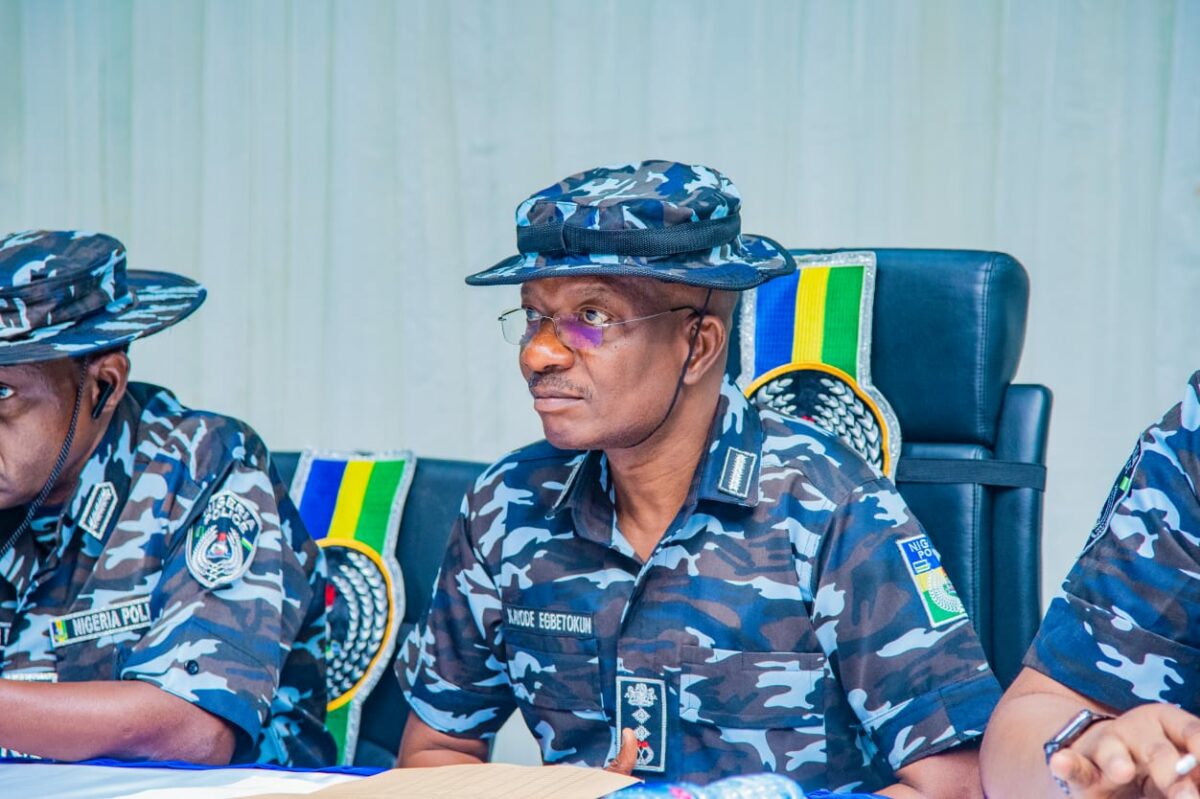A politics that is based solely on tribe and ethnicity is a politics that is doomed to tear a country apart. It’s a failure; a failure of imagination. – Barack Obama
Every political movement tends to be revolutionary and, as a consequence, reactionary. A labour party, historically, would challenge established political structures of the ‘bosses’ through the working class and peasants, notably to fight entrenched oppression and exploitation of the bourgeoisie.
The Nigeria’s Labour Party (LP), since its creation in 2002, had been docile, leaving the political struggles of nationhood to merging and gerrymandering political parties and actors, until 2022 when Peter Obi momentously appeared to give the party meaning and significance.
The Obi movement, which appeared to present a socialist doctrine to the poor and oppressed, thereby liberating the common people from the capitalist shackles of the masters of mankind, was dialectically growing in strength and in number to the utter dismay of the bourgeois parties, the All Progressives Congress (APC) and the Peoples Democratic Party (PDP).
The Obi-Oyedepo leaked phone conversation, painting the Obi movement as a warmonger, created a sharp division and confusion ideologically and dialectically in the party, however.
‘THE RELIGIOUS WAR’
For one, believers of the Obi movement, who are fully persuaded of the doctrine of the LP, take the audio as “doctored conversation”, “evil machination” and “silly propaganda” of the APC.
Obi, obviously inspired by the growing grassroots ethnic groundswell and national-religious gimmick, could have spoken truth into the political future of Nigeria, notably under a Tinubu presidency.
Obi’s alleged “religious war” conversation with Bishop David Oyedepo of the Living Faith Church Worldwide, pointed to, first, a consequence of the Muslim-Muslim ticket of Bola Tinubu and Kashim Shettima of the APC, which portends to marginalise non-Muslim brothers and sisters in their everyday social and economic dealings.
Second, Igbophobia is the fear of one of the major ethnic groups, Igbo, dominating Nigeria. With Obi at the top and his disciples at the bottom, tribal irredentists, in particular, and bourgeois opportunists, in general, will find it temporarily imperialist and permanently dictatorial.
Did Obi see the consequence of this socialist-capitalist transformation as a religious war between the major ethnic groups Yoruba and Igbo on the one hand, and religious bodies Christianity and Islam on the other?
Did he visualise the possibility of a proletarian leadership through religious-ethnic revolution? What did he see that we are not seeing? The stinking hypocrisy and cowardly silence of the ruling party in running the country on a purely religious ground at the dearth of equity, justice and tolerance?
‘FASCISTIC AND COMPROMISED’
The intervention of two literary giants in the political grapevine of the country is apt and would forever be memorable.
Wole Soyinka’s condemnation of fascism and advocation of socialism of the Obi movement on Tuesday confirmed the ideological division and confusion in the Labour Party.
For Soyinka, apart from the LP’s vice presidential candidate Dati Baba-Ahmed’s “fascistic” undertones on Channels TV interview, “fresh blood”, without “bloodletting”, should be allowed to govern the people.
Chimamanda Adichie’s open letter to US President Joe Biden, published on The Atlantic on Thursday, captured the typical Adichie imaginatively roaming through the corners of Nigeria, detailing the mood, tone and atmosphere of the February 25.
Ironically, the “imaginative poverty” of international coverage of African issues, which Adichie condemned, would understandably be required to resolve a disastrous election producing a president-elect.
Her intriguingly doubly contextualisation of the word ‘compromised’ to mean ‘bribed’ and ‘corrupted’ judicial system and electoral process indeed angered the APC supporters, especially for declaring that Obi would have won the election “as polls predicted”.
The Obi movement, as revealed by Baba-Ahmed, is a dictatorship of the proletariat, which Rosa Luxemburg says is not “a matter of bombs, coups d’etat, riots or ‘anarchy’, as the agents of capitalist profit dishonestly make out; rather it is the use of all the means of political power to realise socialism”.
INTERIM GOVERNMENT OR ANARCHY
Though the Department of State Services (DSS) need not profess its tigritude, there might be some elemental truth in its report of interim government. Beyond “a hitch-free handover” of power, the report crucially cast an anarchistic shadow on “some key players” whose “entrenched interests” “plunge the country into an avoidable crisis”.
Who are the key players plaguing the country?
When “everything is for the individual”, the common people are mentally and morally controlled so much so that oppressing and exploiting policies are presented to be in their favour. Clearly, that is a fascist inside, military outside form of government. The cashless policy, formulated from entrenched interests of bourgeois elements, was crafted by the “masters of mankind” and “experts in legitimation” to inflict hunger and anger on the people, thereby plunging the country into an avoidable crisis of bank burning and street ignition.
Again, when “everything is for the individual”, ballot destruction and voter suppression become normalised. The precedent of deploying armed thugs to polling units to scare voters away from exercising their civil rights is a shameful bad record in the Nigerian politics — and I’m afraid that may characterise the Nigerian exceptionalism! – forever.
THE SOCIALIST-PROLETARIAN VOTERS
A socialist-proletarian challenge of state power will always be difficult after twenty-something years of party control. Statism, ignited by ethnicity and religion, can tear a country apart. Handwork and honesty, competence and experience, truth and integrity are traits of a people-serving leader.
An “everything is for the masses” party that gives hope to the citizens and appears to win them over will most likely be revolutionary, especially when it is ideologically disruptive and systemically corrosive.
Then, the socialist-proletarian voters, who believe in the game changer, would be the ones to face the severe reaction of the ‘bosses’.
The working class, the peasants, who have always found it difficult to live in a country with risked health care system, pauperised education system and troubling fuel and cash scarcity crises, would have to face the repercussions of the revolution and reaction.
Subscribe
Be the first to receive special investigative reports and features in your inbox.















